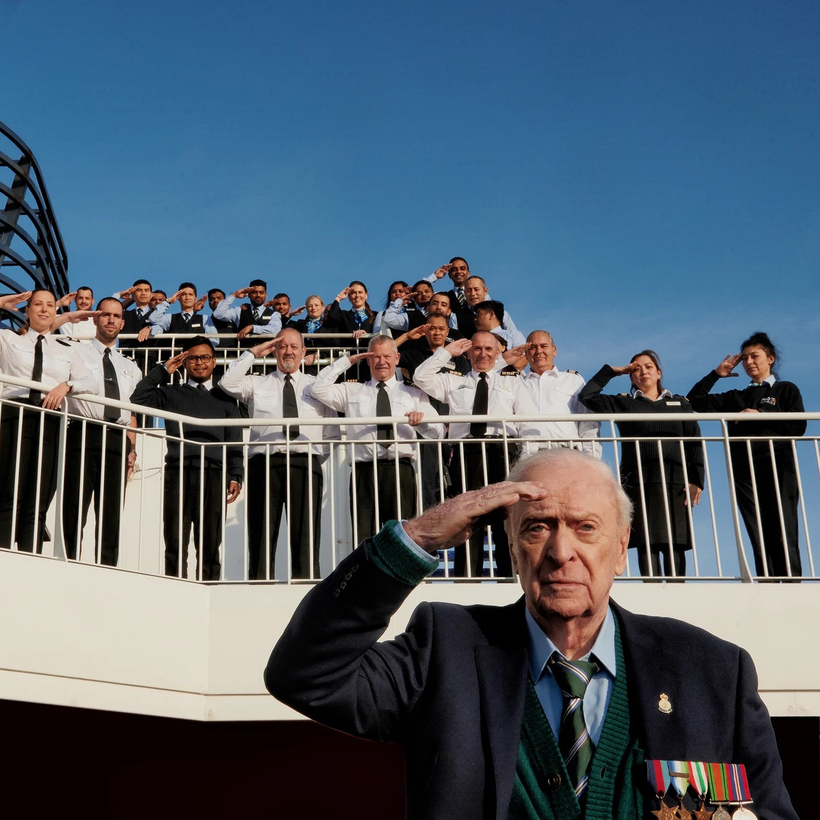The Great Escaper was nearly never made. What were the chances of enlisting two Oscar-winning actors, re-creating D-day in southern England, and contending with pandemic lockdowns—all on a $10 million budget?
The answer lies with a former trash collector, screenwriter William Ivory, and a onetime children’s-television host, co-producer Douglas Rae. In June 2014, Rae awoke to headlines about a 90-year-old World War II veteran, Bernard Jenkins, who had escaped from his nursing home to make his way, alone, across the English Channel for the 70th commemoration of D-day in Normandy.

